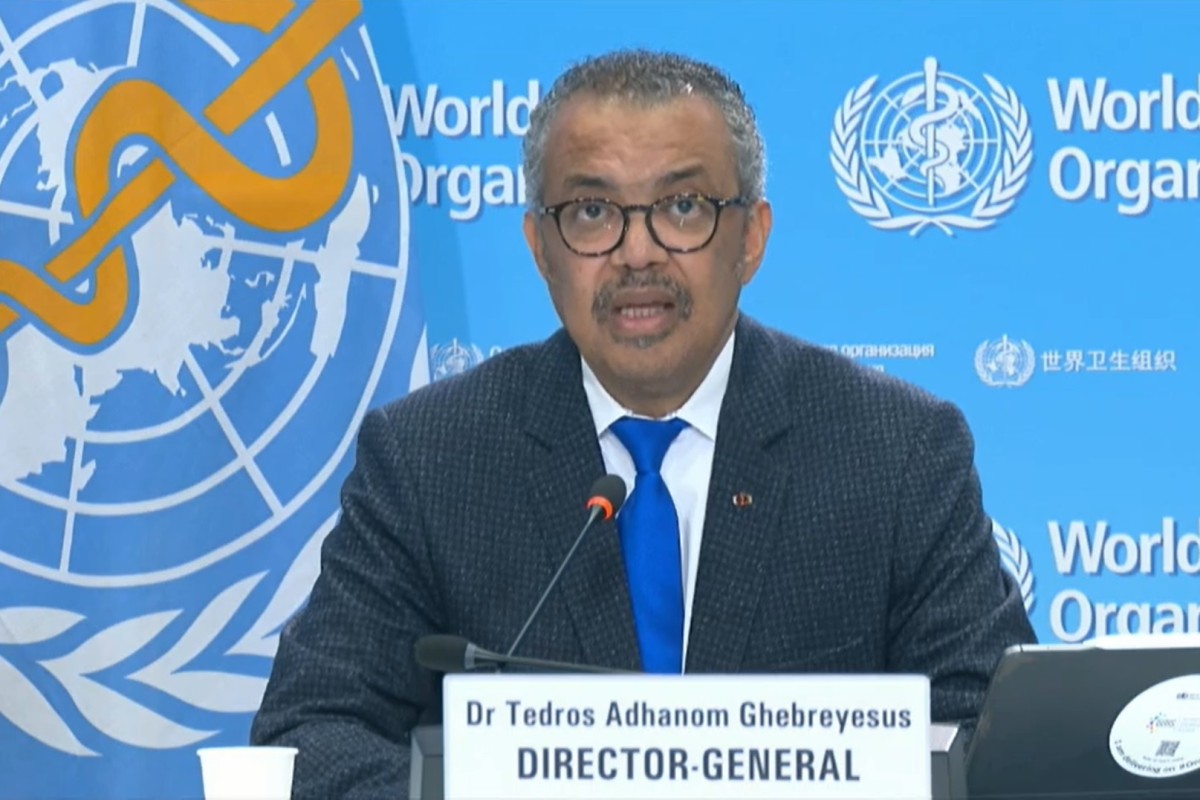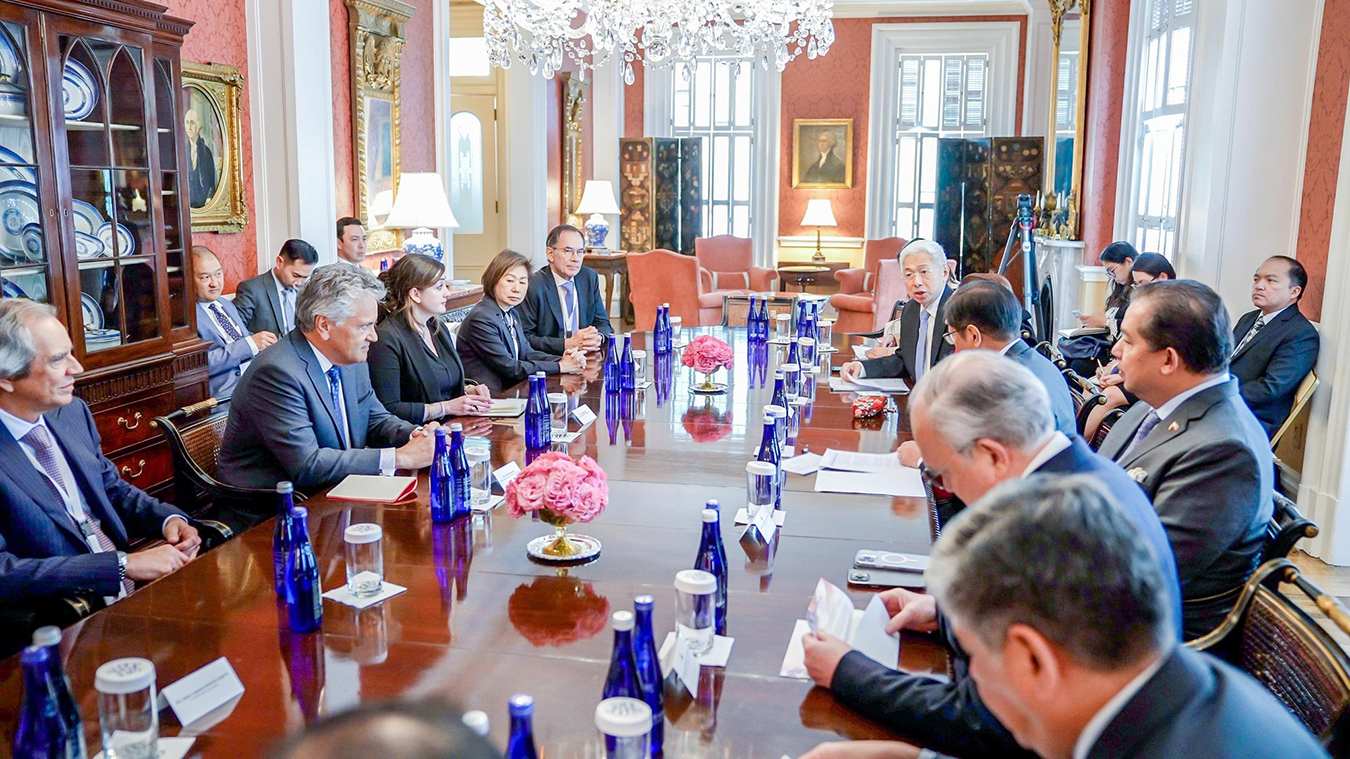QUEZON CITY (PIA) -- World Health Organization Director-General Dr Tedros Adhanom Ghebreyesus announces on Friday, May 5, 2023, that COVID-19 is now an established and ongoing health issue that no longer constitutes a public health emergency of international concern (PHEIC).
The WHO reports that the world has made significant and impressive global progress since the declaration of the PHEIC in January 2020 reaching the point where COVID-19 can be considered as no longer constituting a global health emergency.
After significant assessment and evaulation considering several factors that have contributed to a significant global decline in the weekly number of COVID-19-related deaths, hospitalizations, and admissions to intensive care units since the beginning of the pandemic, WHO Director-General concurs with the advice of the International Health Regulations (2005) (IHR) Emergency Committee to lift the PHEIC during its fifteenth meeting held on May 4.
"[T]he Emergency Committee met for the 15th time and recommended to me that I declare an end to the public health emergency of international concern. I've accepted that advice. It's therefore with great hope that I declare COVID-19 over as a global health emergency," said WHO Director-General Tedros Adhanom Ghebreyesus.
Based on the Committee report, while the global risk assessment remains high, there is evidence of reducing risks to human health driven mainly by high population-level immunity from infection, vaccination, or both; consistent virulence of currently circulating SARS-CoV-2 Omicron sub-lineages compared to previously circulating Omicron sub-lineages; and improved clinical case management.
Further, 13.3 billion doses of COVID-19 vaccines have been already administered globally. Currently, 89% of health workers and 82% of adults over 60 years have completed the primary series (the initial one or two doses recommended as per the vaccine schedule).
While acknowledging the remaining uncertainties posed by the potential evolution of SARS-CoV-2, the Committee advised that it is now time to transition to long-term management of the COVID-19 pandemic. WHO announces the publication of the 2023-2025 COVID-19 Strategic Preparedness and Response Plan to guide countries in transition.
Meanwhile, here are temporary recommendations issued to all States Parties:
1. Sustain the national capacity gains and prepare for future events to avoid the occurrence of a cycle of panic and neglect. States Parties should consider how to improve the country’s readiness for future outbreaks;
2. Integrate COVID-19 vaccination into life course vaccination programs. States Parties should maintain efforts to increase COVID-19 vaccination coverage for all people in the high-priority groups (as defined by the SAGE Roadmap of April 2023) with WHO-recommended vaccines and continue to actively address vaccine acceptance and demand issues with communities;
3. Bring together information from diverse respiratory pathogen surveillance data sources to allow for comprehensive situational awareness. States Parties should maintain reporting of mortality and morbidity data as well as variant surveillance information to WHO;
4. Prepare for medical countermeasures to be authorized within national regulatory frameworks to ensure long-term availability and supply. States Parties should strengthen their regulatory authorities to support long-term authorization and use of vaccines, diagnostics, and therapeutics;
5. Continue to work with communities and their leaders to achieve strong, resilient, and inclusive risk communications and community engagement (RCCE) and infodemic management programs;
6. Continue to lift COVID-19 international travel-related health measures, based on risk assessments, and do not require any proof of vaccination against COVID-19 as a prerequisite for international travel; and
7. Continue to support research to improve vaccines that reduce transmission and have broad applicability; to understand the full spectrum, incidence, and impact of post COVID-19 condition and the evolution of SARS-COV-2 in immunocompromised populations; and to develop relevant integrated care pathways.
The Philippine Department of Health welcomes this proclamation of WHO which serves as an acknowledgment of the effective and collaborative COVID-19 response and concerted efforts to fully recover and re-open our economy.
The DOH says it will convene the members of the Inter-Agency Task Force for Emerging Infectious Diseases (IATF-EID) to discuss and reassess policies and other guidelines affected by the declaration.
The DOH assures the Filipino people that all factors will be considered and discussed line in determining its succeeding action in line with the WHO’s proclamations. (KSAA – PIA CPSD)




